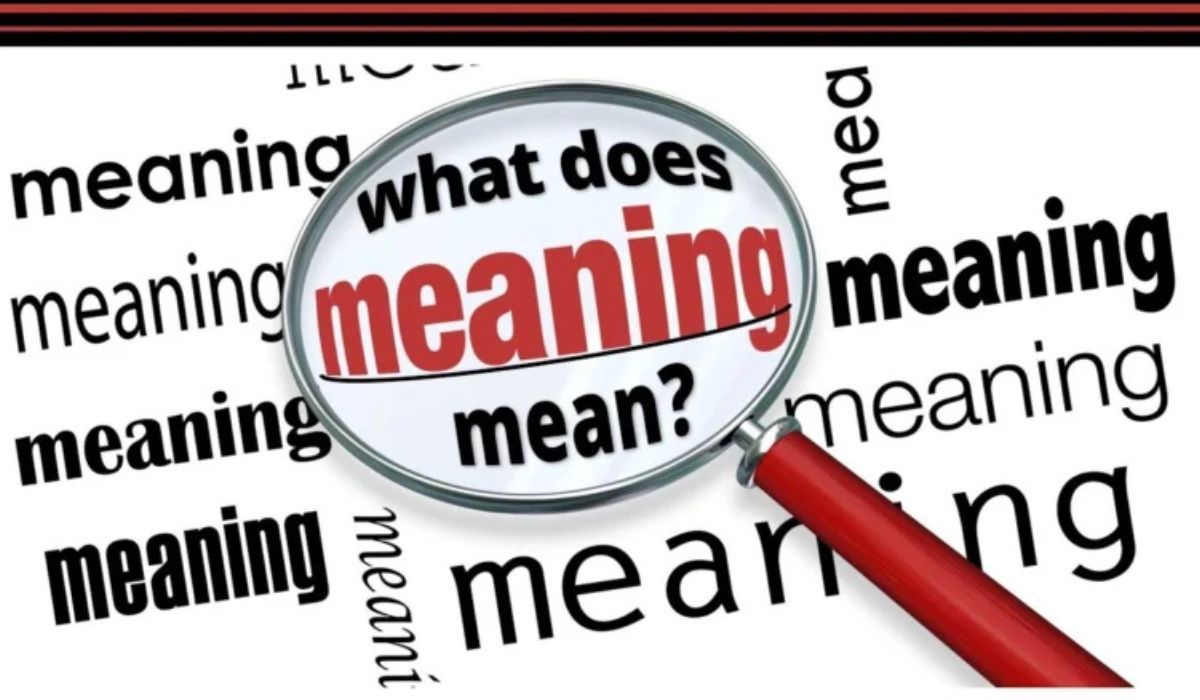Addiction recovery isn’t just a headline or a statistic—it’s a lived experience, one that’s shaped by grit, discomfort, progress, and perspective. People who’ve made it to the other side of addiction often carry powerful insights that don’t always make it into mainstream conversations. They’ve been through the fog. They’ve sat in group rooms, faced withdrawals, had hard conversations with loved ones, and rebuilt their lives piece by piece. And if you asked them what they wish more people understood, chances are, their answers would go well beyond “just say no.”
Here we explore the top things people who’ve successfully overcome addiction want you to know about the process—what actually helps, what recovery feels like, and why support systems matter more than you think.
Addiction Medicine is Important to Understand
One of the first things people in recovery want to clear up is the misconception that recovery is just about willpower. That’s where addiction medicine enters the conversation. This specialized field brings science and structure to what has often been dismissed as a moral failing. Addiction medicine combines evidence-based treatments like medication-assisted therapy, behavioral counseling, and withdrawal management to address both the physiological and even the psychological aspects of substance use disorders.
People in long-term recovery will tell you that when addiction medicine is part of the process, everything changes. It allows the brain to stabilize, cravings to subside, and emotional clarity to begin taking shape. That shift often opens the door to therapy, self-reflection, and ultimately, meaningful life changes. Recovery isn’t just about stopping use—it’s about restoring mental, physical, and emotional function. Addiction medicine provides the scaffolding that makes this restoration possible.
Get the Right Kind of Support at the Right Time
The second message from those in recovery is perhaps the most crucial: structure matters. And while there are many different options out there, not everyone can afford to put their lives on hold to recover from addiction. A great example of effective, structured care is found tucked away at this PHP near Oceanside, California. “PHP” is short for “Partial Hospitalization Program,” and this one offers a unique balance of support and freedom. It gives participants access to full days of therapeutic care without requiring them to live at a facility full-time, and it’s the kind of program that meets people exactly where they are—ready for help but needing to stay engaged with their outside lives.
People who have completed programs like these often describe it as a turning point. They didn’t have to hit pause on being a parent, employee, or student. They could still participate in life while learning how to live it differently. These programs offer daily therapy, support groups, medical supervision, and relapse prevention strategies. The difference is that the recovery work is integrated into a routine that looks and feels like real life.
What Happens After Detox Is Just as Important as the Detox Itself
Another truth from the recovery community is that getting clean is just the beginning. Detox gets the substances out of your system—but it doesn’t touch the emotional pain, the self-sabotaging patterns, or the triggers waiting just around the corner. People who stay sober long-term know that what happens after detox is what really determines success.
This is where follow-up care becomes vital. That might mean stepping into a PHP, starting trauma therapy, or entering a sober living environment. Without ongoing support, it’s too easy to fall back into old routines. Many individuals share that they felt lost after detox until they found a program that helped them reconnect to purpose and accountability.
The recovery process, they’ll tell you, isn’t about white-knuckling it through life. It’s about building a new foundation. That requires community, consistency, and yes, time. Detox may be dramatic, but the slow, quiet work that comes after is where real healing happens.
There’s No One-Size-Fits-All Timeline—And That’s Okay
If you ask people who’ve overcome addiction what frustrated them most early on, many will say it was the pressure to “get better fast.” The truth is, recovery takes time—and everyone’s timeline is different. Some people find their rhythm in weeks. For others, it takes years. The key lesson? Progress matters more than speed.
Addiction often takes years to develop, so expecting recovery to be quick is unrealistic. People who’ve done the work know that there are ups, downs, stalls, and surges. They’ve had moments of strength followed by setbacks, and they’ve learned not to measure success by someone else’s calendar.
This message is important not just for those in recovery, but for their families and support networks. Patience, compassion, and space for growth go a long way.
You’ll Learn More About Yourself Than You Ever Thought Possible
Recovery isn’t just about quitting something—it’s about discovering who you are without it. And for many people who’ve walked the road to sobriety, that discovery process is as terrifying as it is transformative. But the outcome? Clarity, confidence, and often, a new sense of purpose.
People in recovery often describe this phase as coming home to themselves. For the first time in a long time, they’re no longer numbing or escaping. They’re present. They feel their feelings. They identify their values. They start building relationships on trust instead of fear. It’s not always comfortable, but it’s deeply rewarding.



